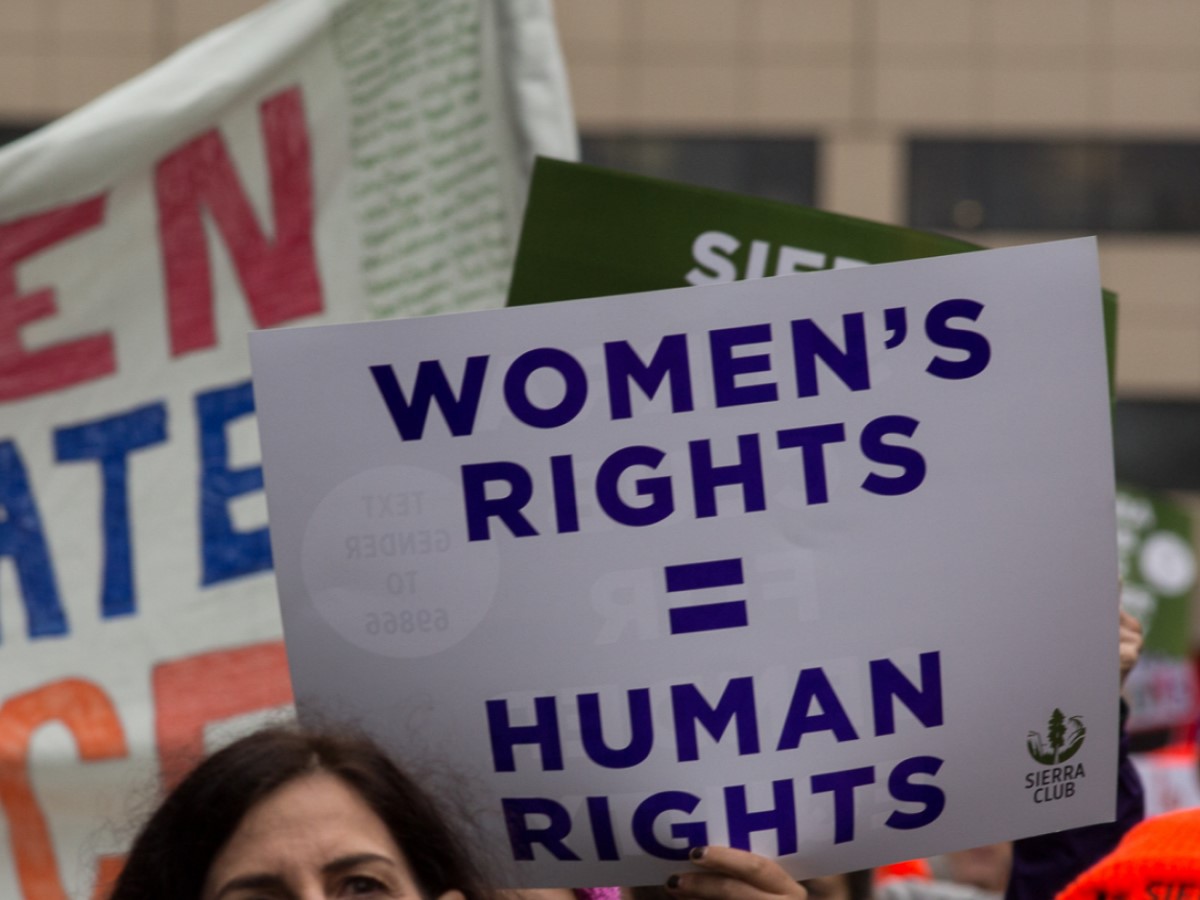Today, the conservative majority of the Supreme Court formally overturned Roe v. Wade, a reality I've been dreading since the Supreme Court took up the Dobbs v. Jackson Women’s Health Organization case last fall and a leaked draft of the Dobbs decision was released last month. According to The Guardian, 26 states “will outlaw abortion immediately or as soon as practicable” now that Roe v. Wade is overturned, immediately curtailing the reproductive choice of more than 135 million people.
What You Can Do
Because of the decision of the conservative majority on the Court, there will be more than 135 million people who may no longer have a choice when they face deadly risks to their health because of an unwanted pregnancy or traumatic birth. More than 135 million people who will no longer have a choice, period.
At the Sierra Club, we believe that all people deserve reproductive justice—what the reproductive justice organization Sister Song defines as “the human right to maintain personal bodily autonomy, have children, not have children, and parent the children we have in safe and sustainable communities.” Reproductive justice is a framework that asks us to look beyond access to abortion, important as that is, and consider what else limits reproductive freedom.
No one should ever be forced to choose between raising a child in a neighborhood with lead-tainted water, polluted air, and sweltering heat or not having a child. That is no choice at all.
But it's a reality many communities face nonetheless, especially if they are low-income, Black, Indigenous, or people of color. Pollution and climate hazards make pregnancy and fetal development riskier, and marginalized communities are likely to have more exposure to both. Pregnant people who live in communities close to oil and gas wells or chemical factories, for example, are more likely to have high-risk pregnancies, and give birth prematurely to babies who may face lifelong health and developmental challenges.
When oil and gas wells, chemical plants, and other parts of our fossil fuel system release climate pollution into the atmosphere, the impacts trickle down to pregnant people. Higher temperatures, air pollution, and smoke from wildfires are linked to higher rates of preterm births and stillbirths.
As with pollution, Black, Indigenous, and other pregnant people of color are disproportionately exposed to extreme heat and heat islands. We are more likely to come home to neighborhoods with fewer trees that offer shade, and more concrete surfaces that absorb heat. It’s one of the reasons Black women and other women of color more frequently have pregnancy outcomes that are so much worse than those of white women.
It’s not just that the Dobbs decision will have racially disparate impacts. As journalist Amy Westervelt writes, overturning Roe carries “distinct ecofascist undertones.” Ecofacism grows out of the “great replacement theory” which holds that white people are being deliberately replaced by immigrants, Jews, and non-white people, and that immigrants are responsible for environmental destruction, when the truth is that the responsibility lies with polluting megacorporations and our elected officials who enable environmental destruction. In this twisted worldview, eliminating abortion will replenish what Justice Alito refers to as the “domestic supply of infants”—particularly white infants—so white racial dominance can continue.
The Sierra Club is committed to rising with our allies to counter the hateful ideology of ecofascism, and ensure reproductive justice for all. We know that every person deserves the right to live in healthy, clean, and safe communities with access to healthcare. While we’re not a reproductive rights organization, we will follow the lead of those who are. The Sierra Club will continue to tackle the pieces of the problem that we’re uniquely well-positioned to solve: The fact that extreme heat, pollution, and climate disasters reduce our choices around when and how we wish to raise a child, and ecofascist ideologies seek to do the same. Environmental justice is a key part of reproductive justice.
You Can Make a Difference
